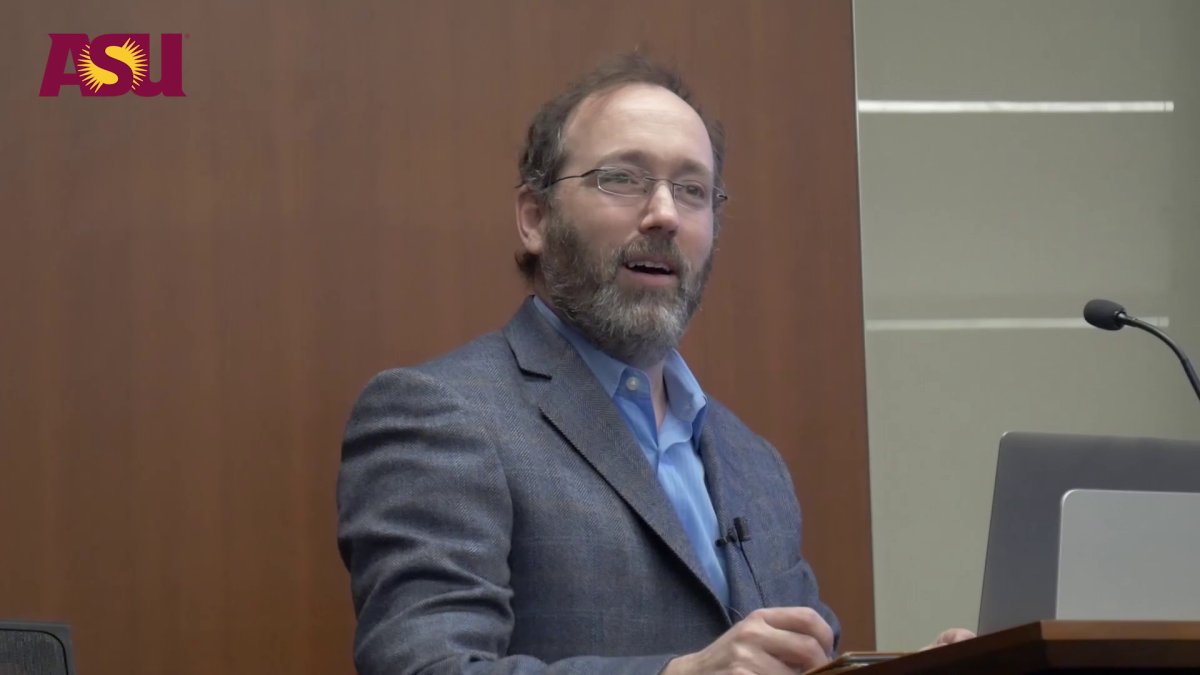At the intersection of religion, culture and psychology: ASU’s Adam Cohen

Arizona State University’s Department of Psychology promoted Adam Cohen to full professor effective at the start of the 2017–18 academic year. Cohen, who runs the Culture, Adaptation, Religion, Morality and Anthropomorphism (“CARMA”) lab, took a nonlinear path to ASU that included stops all over the country.
Cohen, who now studies the intersections between religion, culture and psychology, started as a graduate student in biological psychology studying hamster pheromones. He soon moved to Philadelphia to pursue his interests in culture and religion. Cohen earned his doctorate in psychology from the University of Pennsylvania. He completed postdoctoral studies in North Carolina on the impact of religion on health and also in California, where he studied emotion and spirituality. Along the way, he taught psychology as a visiting assistant professor at his undergraduate alma mater, Pennsylvania's Dickinson College, and as an assistant professor in the small psychology department at the former Philadelphia College of Textiles and Science, now Philadelphia University.
Cohen joined ASU as an assistant professor of psychology in 2006, but he said his academic career started off with great uncertainty.
“I never thought I would end up in the major leagues,” he said. “I always thought my work would not be publishable in psychology and that I would have to take an alternative career path.”
Cohen estimated that his initial research papers were rejected at least 20 times. The rejection letters predated the current electronic submission systems for academic journals, but Cohen said he remembers the many reasons he was given.
“I received explanations like ‘This is not appropriate for a psychology journal,’” he said. “Or, ‘Psychology does not study religion. Try a theology journal.’”
Finally, part of his dissertation work was published in the Journal of Personality and Social Psychology. The paper examined the morality of thoughts.
“Christians care what you think about,” Cohen said. “Jews care about what you do.”
Cohen said that first paper convinced him that it was possible to publish in mainstream psychology journals and that he could have the career he has now. Cohen considers himself a cultural social psychologist who studies religion because of its important role in culture, and it is important to him that his research has a positive impact on society.